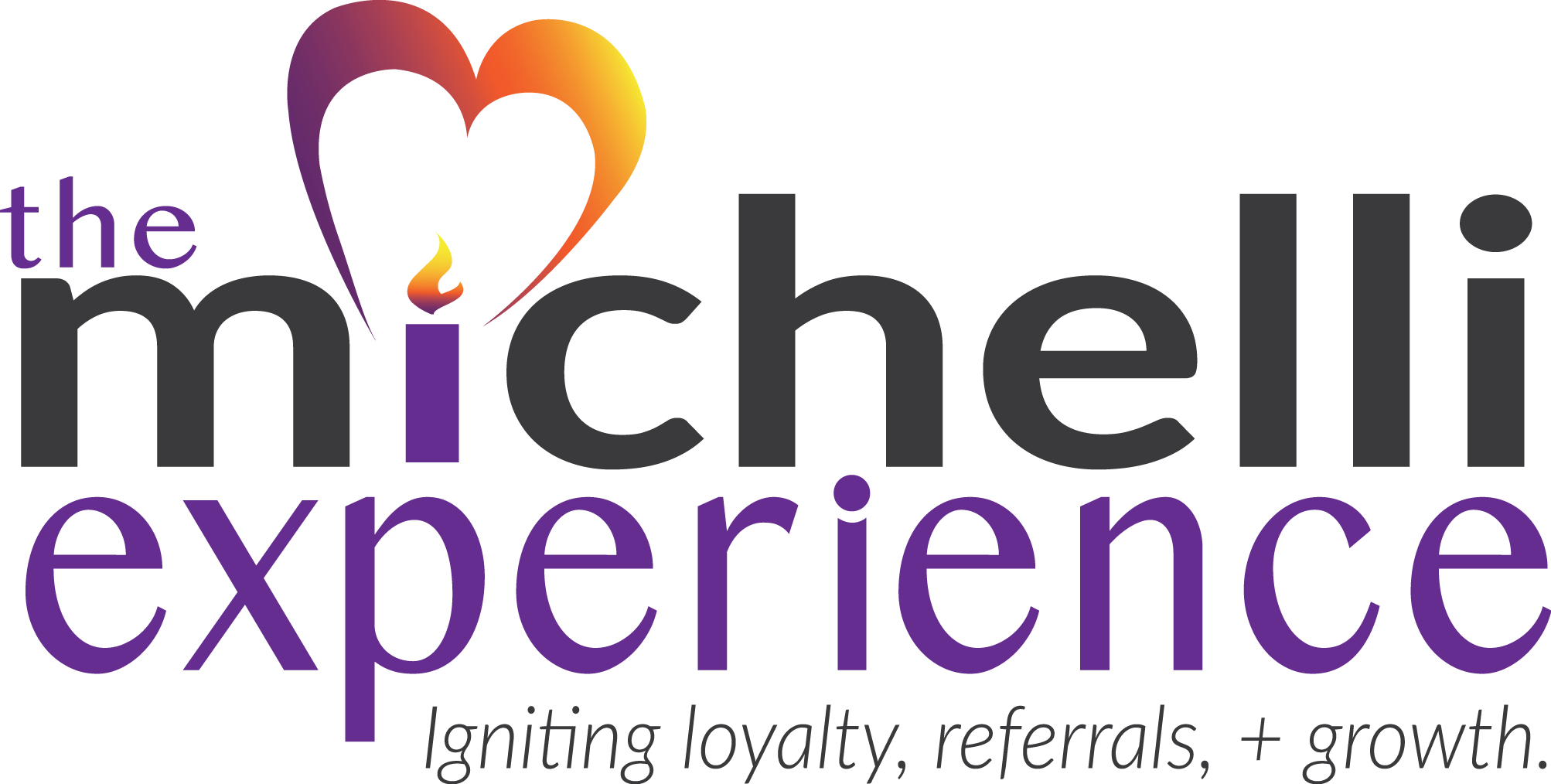I have often suggested that a measure of a person and of a brand is what people say about you when you are not around. Many customer voices are included throughout my book The Zappos Experience but it seems only fitting, given the innovative use of Twitter at Zappos, to share how some customers “tweet” their take on the Zappos Experience in 140 characters or less. For instance:
@ptubach
“Went to an Indian restaurant that gave me a free beer for
showing up too early to get my food. This place is like the
Zappos of Indian food!”
From my perspective, the Zappos Experience reflects a culture committed to impassioned service delivery, transparent communication, acceptance of differences and weirdness, a highly playful/highly productive and innovative business where staff and customers become fully engaged and emotionally connected. Micah Solomon, contributor to Forbes.com, posed the question – “What would it mean if your business could become: the Zappos of muffler shops? the Ritz-Carlton of hardware stores? the Starbucks of hospitals?” He goes on to say “To become the Ritz-Carlton of screwdriver distributors, or whatever your particular situation may be, is going to be a lofty, time-consuming, and somewhat expensive undertaking. It’s not going to happen overnight. Even if you learn to deliver Ritz-level service once, that is far, far different from building your systems, your hiring processes, and your cultural mindset to allow such service to occur as the norm in your organization.”
Becoming known for service means that expectation-exceeding service delivery must be something that happens more often than it doesn’t. It means being creative, present, kind, and patient in finding ways to meet your customers’ needs because that’s what you do…not because someone from corporate is visiting or because secret shoppers are rumored to be about. It is simply how you operate. If your business has pieces of the puzzle in place but needs help aligning all its systems around this thinking, brainstorm the following:
- Do you have explicit corporate values? If so, do they reflect a blend of founding principles and the evolving demands of the marketplace? Or are those values static and immutable?
- How prominent are your values in the prospective applicant’s journey to your job posting?
- Does your on-boarding process immerse participants in your culture or does it simply preview it?
- How effectively does your orientation process build empathy for the customer experience and create interdepartmental connections?
- What do your customers value? How do your corporate values match up with the wants, needs, and desires of your customers?
- Since values can be both explicit (stated) and implicit (unstated), do your corporate actions align with stated values? If not, what do the major decisions of your business suggest about your company’s real values?
If this exercise reveals your real values differ from your stated values, how willing are you to consider revising stated values to match your demonstrated actions or revising actions to match your stated values?

Joseph A. Michelli, Ph.D. is a professional speaker and chief experience officer at The Michelli Experience. A New York Times #1 bestselling author, Dr. Michelli and his team consult with some of the world’s best customer experience companies.
Follow on Twitter: @josephmichelli



